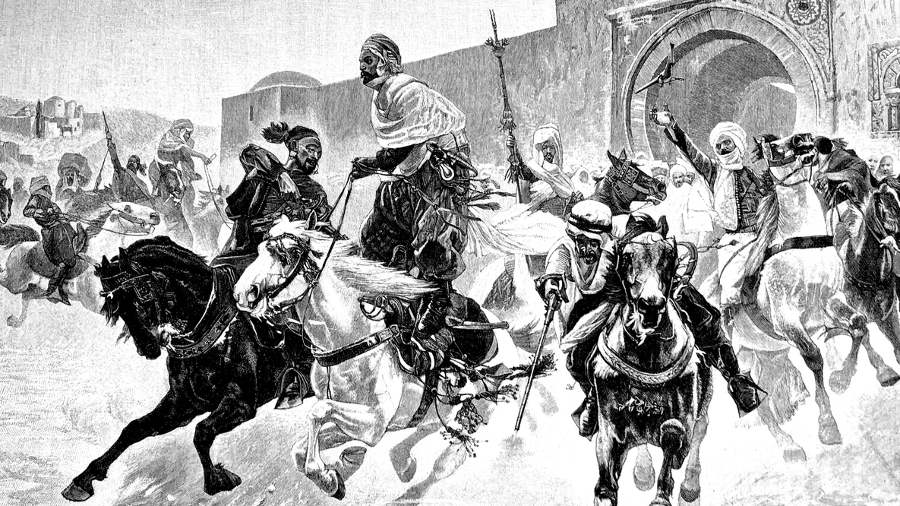Latest News
ROYALTY/ELECTION OF NEW KING IN KATSINA, FROM DURBAWA TO THE JIHADIST.

ROYALTY is defined as the ' title' of a male ruler vested with authority over a single State, nation for tribe, usually for life and by herifitary succession.
According to Historical records, four dynasties ruled Katsina dated back to the earliest time when they came into being before the current Sullibawa dynasty. They include the Durbawa/ Kumayo dynasty, Korau dynasty and Dallazawa.
THE DURBAWA.
Katsina kingdom was founded by the succession of Durbawa, who lived at Durbi-takusheyi, where their buriel tombs still exist. Durbawa were worshippers of Ancestral Idols and the sun God.
Durbawa Royalty.
During the Durbawa period the way to which a leader was assumed was through wrestling contest. It was during one of such gathering that, Muhammadu Korau a wrestler/ Malam from Yandoto challenged the last King from Durbawa known as Sanau to a wrestling about. He over threw him and stabbed him to death and that's what brought about the last ruling class of Durbawa.
KORAU ROYALTY.
Korau was the first ruler of his dynasty in Katsina, and he was the first Muslim King.
During Korau's dynasty the succession to the throne in Katsina was change from wrestling contest to succession. When Korau died, the choice of his successor fell on his family, companions, and the leading Masu Gari such as the Durbi, Yandaka, Samri and Gazobi who were the King makers at that time.
THE DALLAZAWA.
The defeat of the forces of Sarkin Gobir Yunfa by the Fulani under the command of Shehu Usman Danfodio in 1804, marked the formal beginning of the Jihad (Holy War) which eventually led to the over through of Habe Rulers in Hausa Land.
The Jihad resulted into the establishment of the Emirate system with political setting based solely on the Sharia and Islamic system of Administration. Malam Ummarun Dallaje was crowned the first fulani Emir of Katsina.
When Ummarun Dallaje became sick and died in 1835, consultation seem to have been made by a representative of Amir-almuminina Bello with the notables of Katsina. But no formal body of electors was convened. The appointment of an Emir was the prerogative of the Amir-almuminina who, although under obligation to consult with the learders of the Muslim community concern was not bound to accept any established body of Kingmakers. In any case the establishment of such a body in Katsina after the death of Ummarun Dallaje would have caused serious problems, because the leading figures of the Jana'a who would have constituted this like Ummarun Dunyawa and Muhamman Dikko, openly aspired to the office themselves. The appointment of Saddiqu by the Amir-almuminina was a great disappointment to this Mujahidun. They seemed to have hoped that Bello would adopt the same policy he had followed earlier in Kano whete, after the death of the Emir Suleiman in 1819, he appointed Ibrahim Dabo who was not related to Suleiman. This is the policy of chosen leader or Emir during the Sokoto Chaliphate.
THE SULLUBAWA ROYALTY.
Almost a century after the fulani took over, the Colonial forces of Sir Frederic Lugard conquered the territory in March, 1903. Consequently the territory witnessed another wave of political changes. In Katsina the British replaced the Dallazawa ruling House with another Fulanin House known as the SULLUBAWA. During the Colonial period the appointment of an Emir was based on the recommendation of the Resident officer to the High Commissioner of the Northern protectorate. But today the appointment of an Emir was based on the recommendation of the Kingmakers and final approval by the State goverrnt.
Musa Gambo Kofar SORO.

